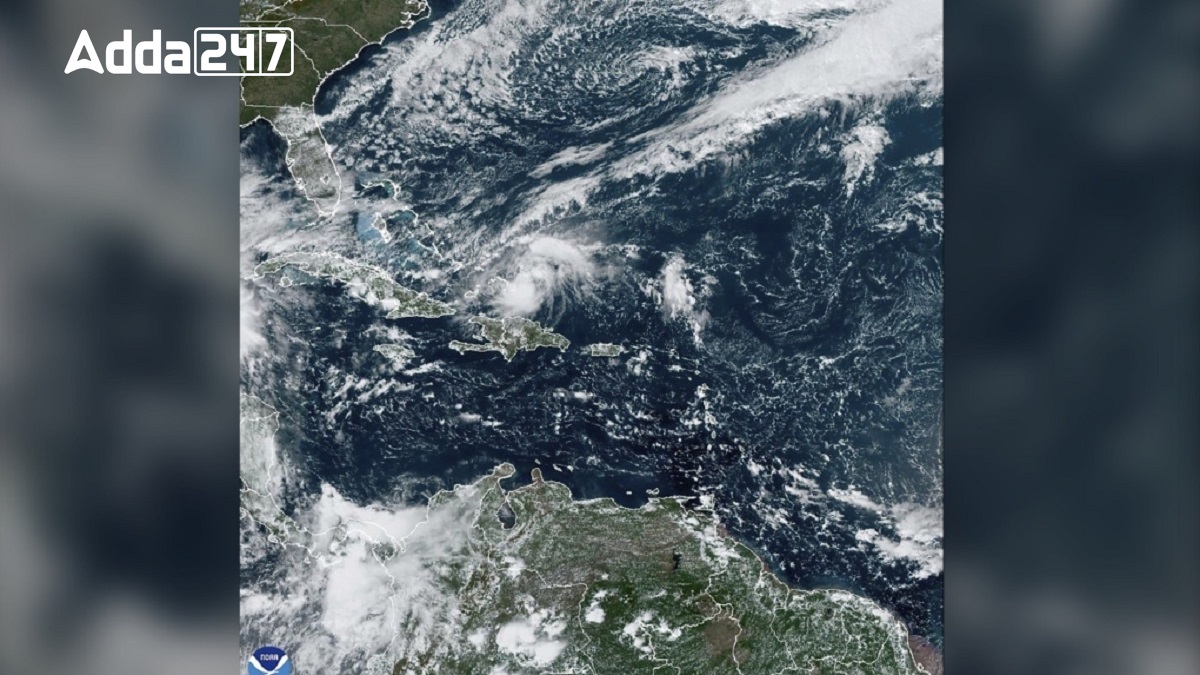Hurricane Oscar made landfall in the Bahamas before crossing Cuba’s eastern coast, leaving at least six dead and causing widespread destruction. The storm triggered power outages that halted daily activities, prompting protests in neighborhoods like Santos Suárez and central Havana. Residents banged pots and pans, while some blocked streets in protest over water shortages. The blackout followed energy issues that have persisted since Hurricane Ian in 2022.
Blackouts and Protests
The Cuban government faces growing civil unrest due to prolonged blackouts, which began Thursday. Protests erupted in urban areas, and residents expressed frustration with food spoilage, power outages, and water scarcity. The government, already dealing with the aftermath of past economic crises, deployed emergency measures to reduce energy demand and warned against vandalism.
Energy Crisis and Foreign Support
Cuba’s energy supply continues to struggle, with only 700 megawatts of power available while peak demand reaches 3 gigawatts. Key power plants remain down, and the government blames the U.S. trade embargo for its difficulties, while the U.S. attributes it to Cuba’s mismanagement. International help has been offered by nations like Mexico, Venezuela, and Russia, but the crisis persists, severely affecting daily life.
Key Points About Hurricanes
Hurricanes are powerful tropical cyclones with winds exceeding 74 mph (119 km/h), forming over warm ocean waters.
Categories: Classified into five categories based on wind speed (Category 1 to 5), with Category 5 being the most severe (winds >157 mph).
Formation: Hurricanes form in tropical regions where sea surface temperatures are at least 26°C (79°F), typically between June and November in the Atlantic.
Structure: A hurricane has a calm eye in the center, surrounded by the eyewall with the strongest winds and rain. Bands of rain spiral outward from the eye.
Impacts: Hurricanes bring destructive winds, storm surges (flooding coastal areas), heavy rainfall, and tornadoes, leading to significant property damage and loss of life.
Regions Affected: Common in the Atlantic Ocean, Caribbean Sea, Gulf of Mexico, and Pacific Ocean; U.S., Caribbean, and Mexico are frequently impacted.
Naming: Hurricanes are named by the World Meteorological Organization using an alphabetical list, alternating between male and female names.
Monitoring: Tracked by meteorological agencies like the National Hurricane Center (NHC) using satellite imagery, aircraft, and weather radars.
Preparedness: Evacuations, securing properties, and having emergency supplies are critical in minimizing the impact of hurricanes.
Climate Impact: Climate change may increase the frequency and intensity of hurricanes due to rising sea temperatures.




 Iran Names Ayatollah Alireza Arafi as Te...
Iran Names Ayatollah Alireza Arafi as Te...
 Iran’s Supreme Leader Ayatollah Ali Kham...
Iran’s Supreme Leader Ayatollah Ali Kham...
 UAE Launches World’s First Sovereign Fin...
UAE Launches World’s First Sovereign Fin...








